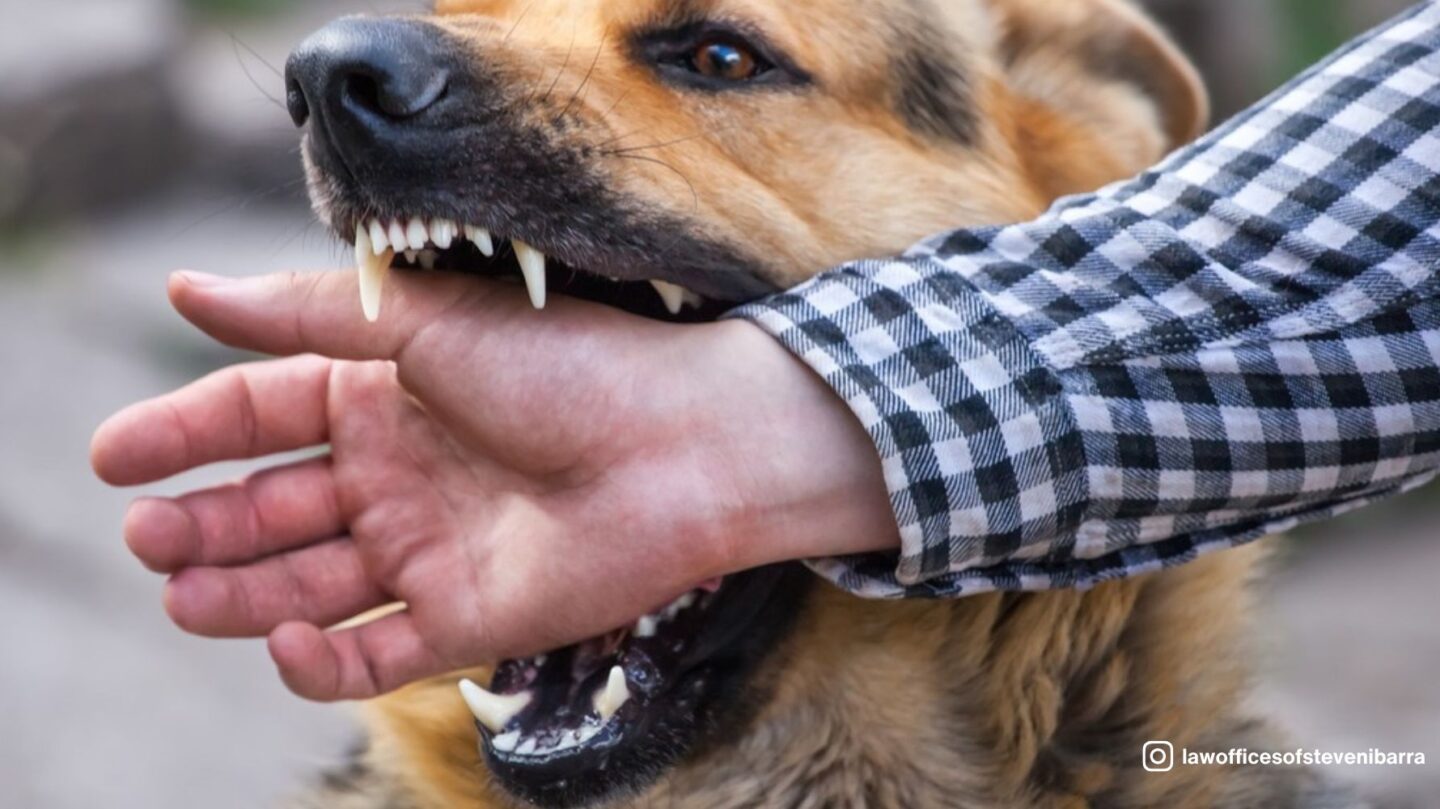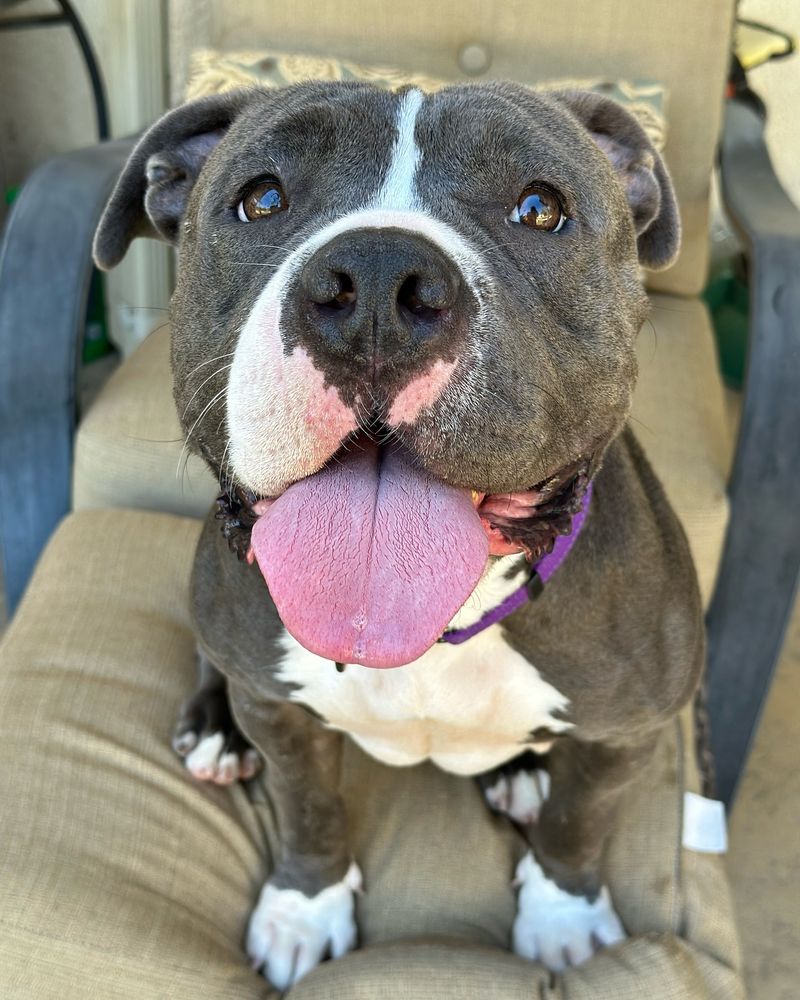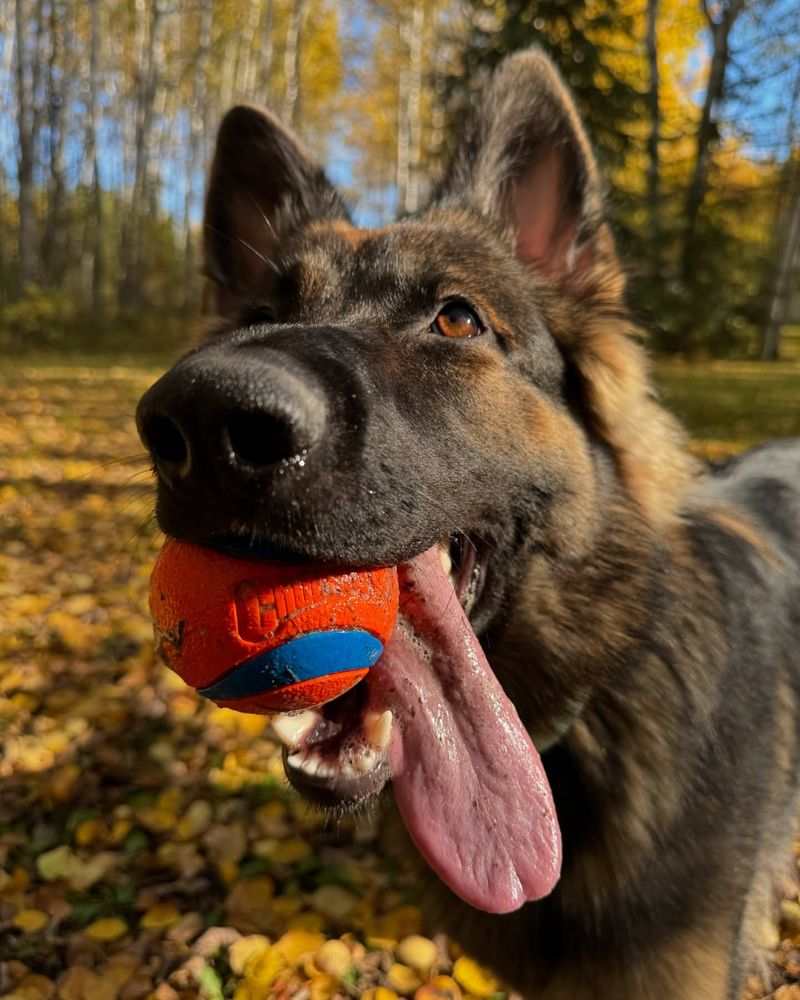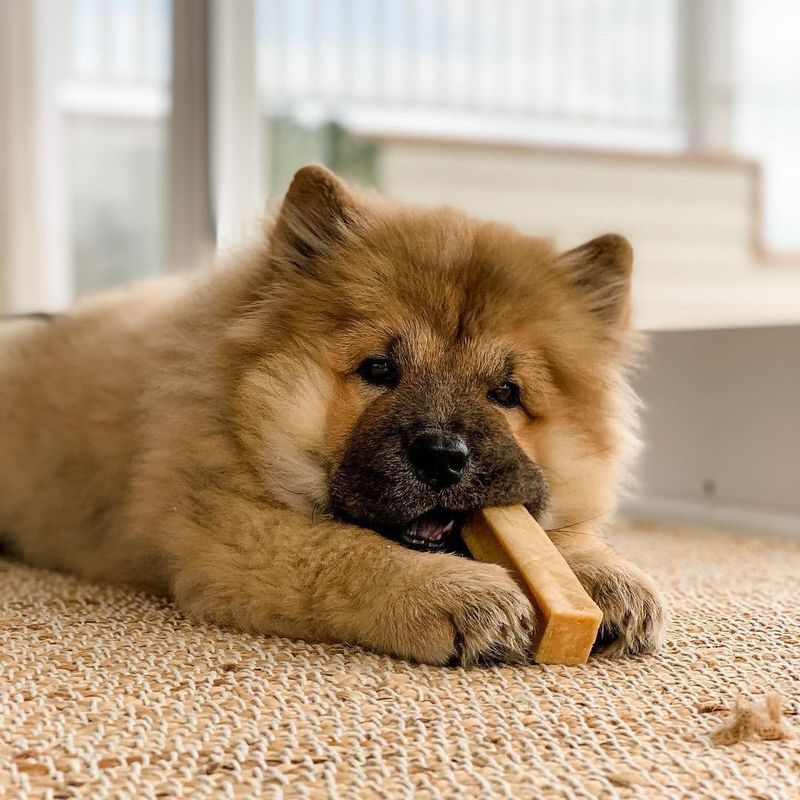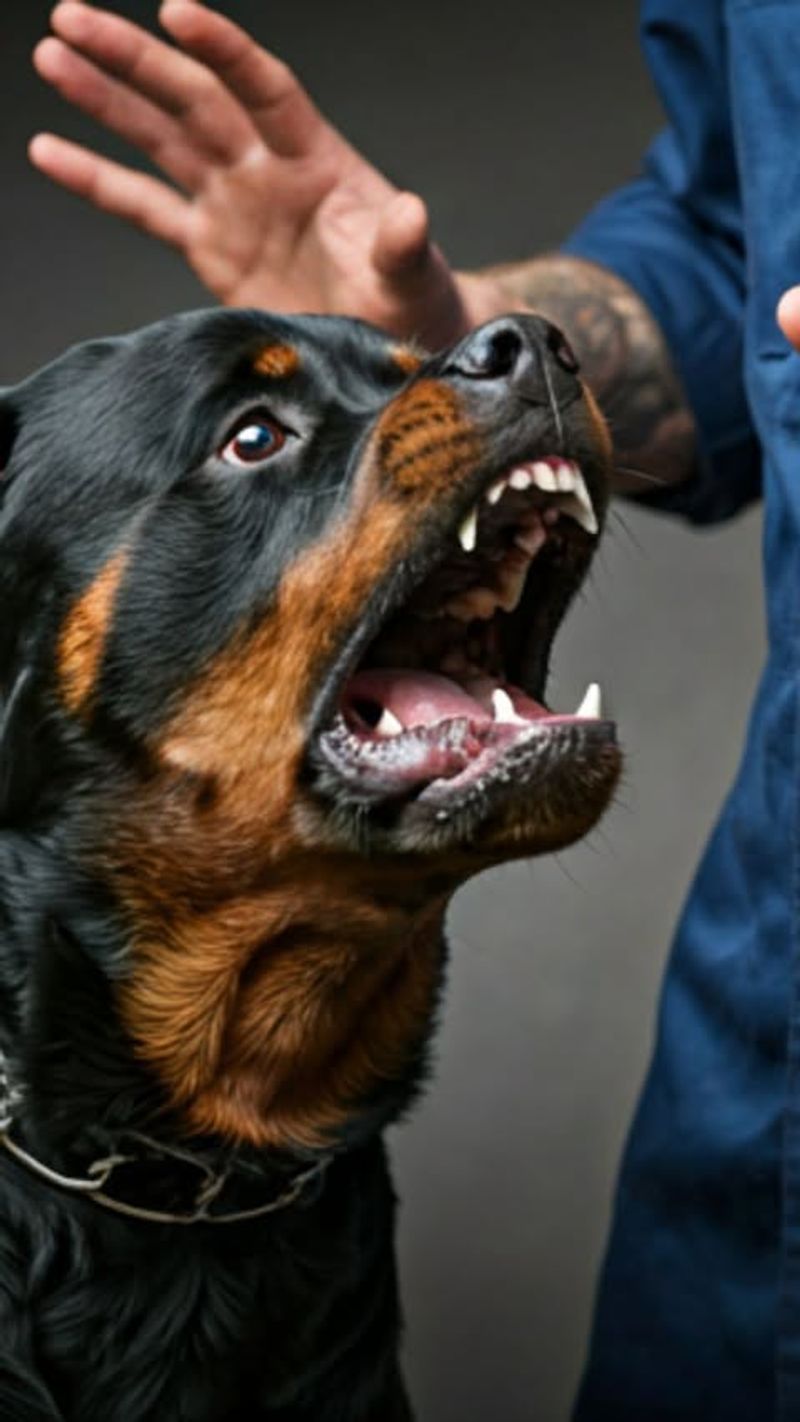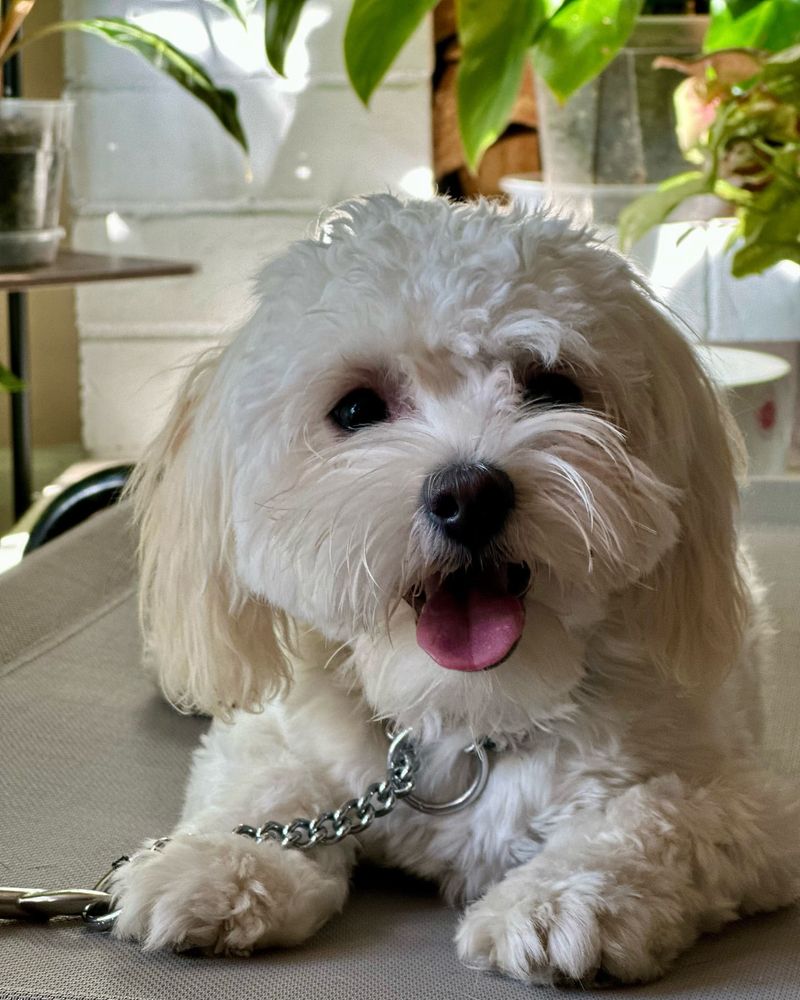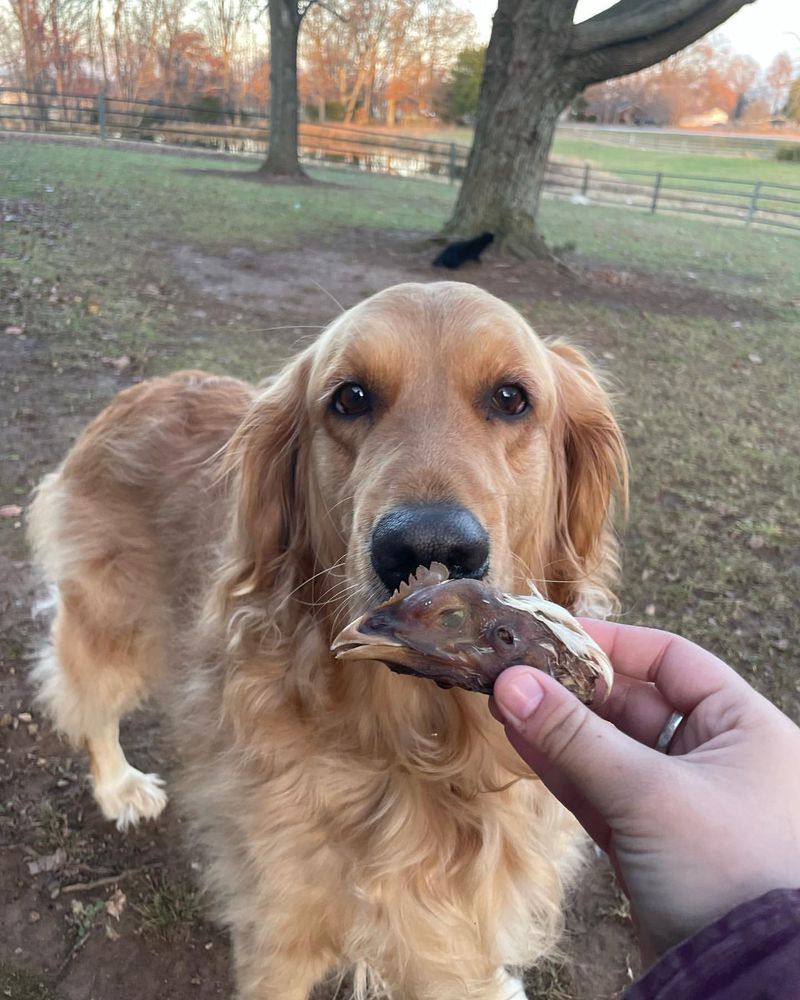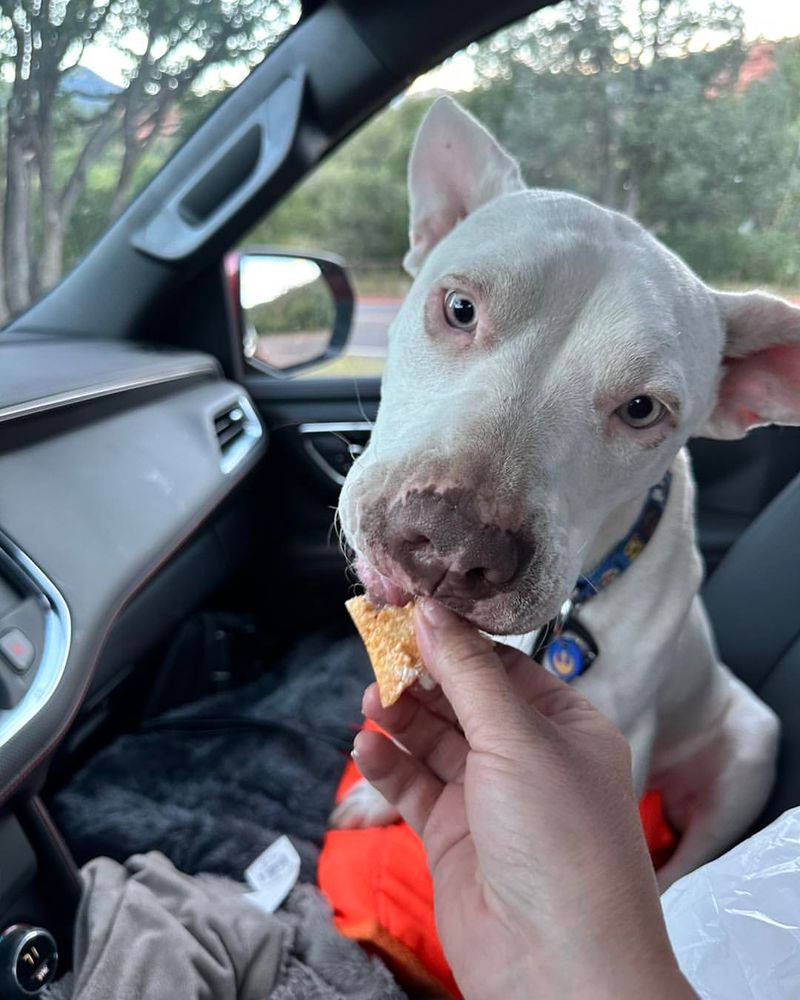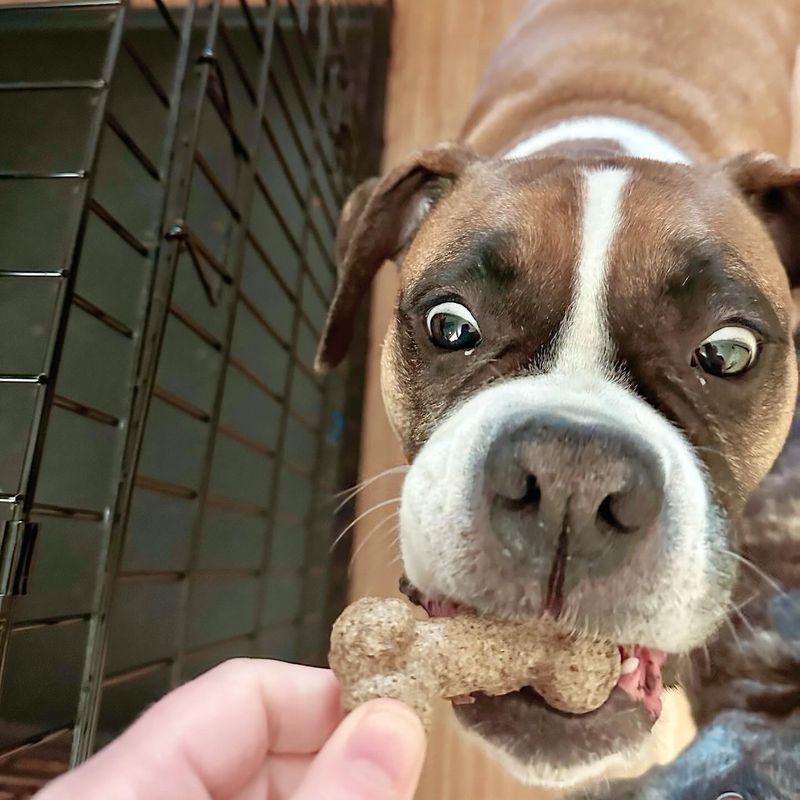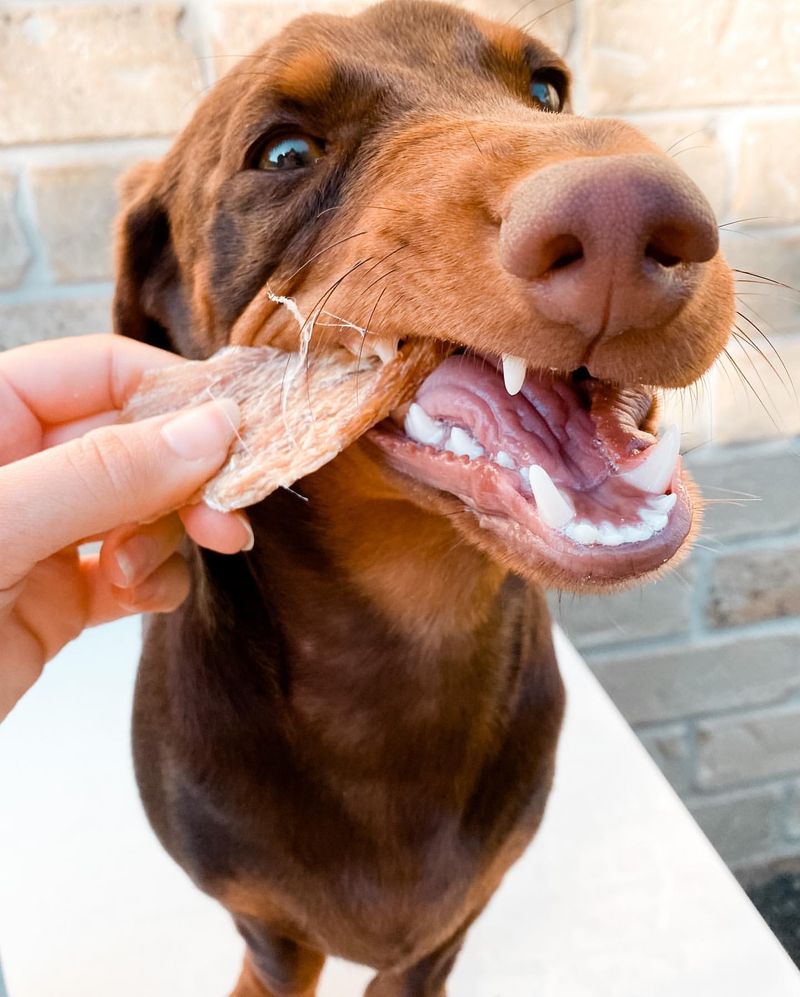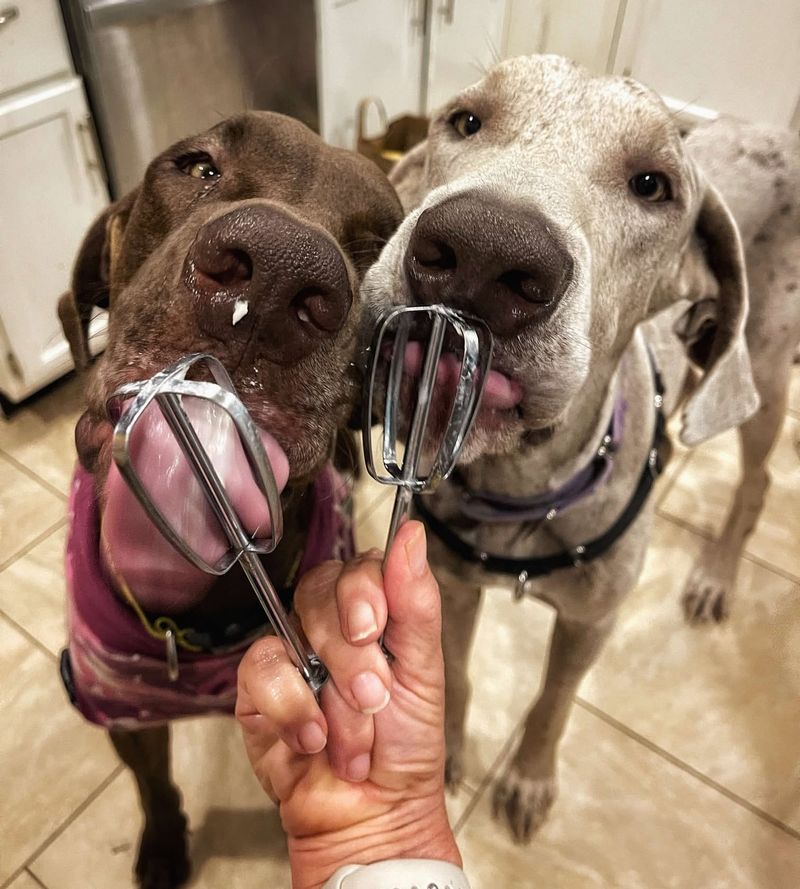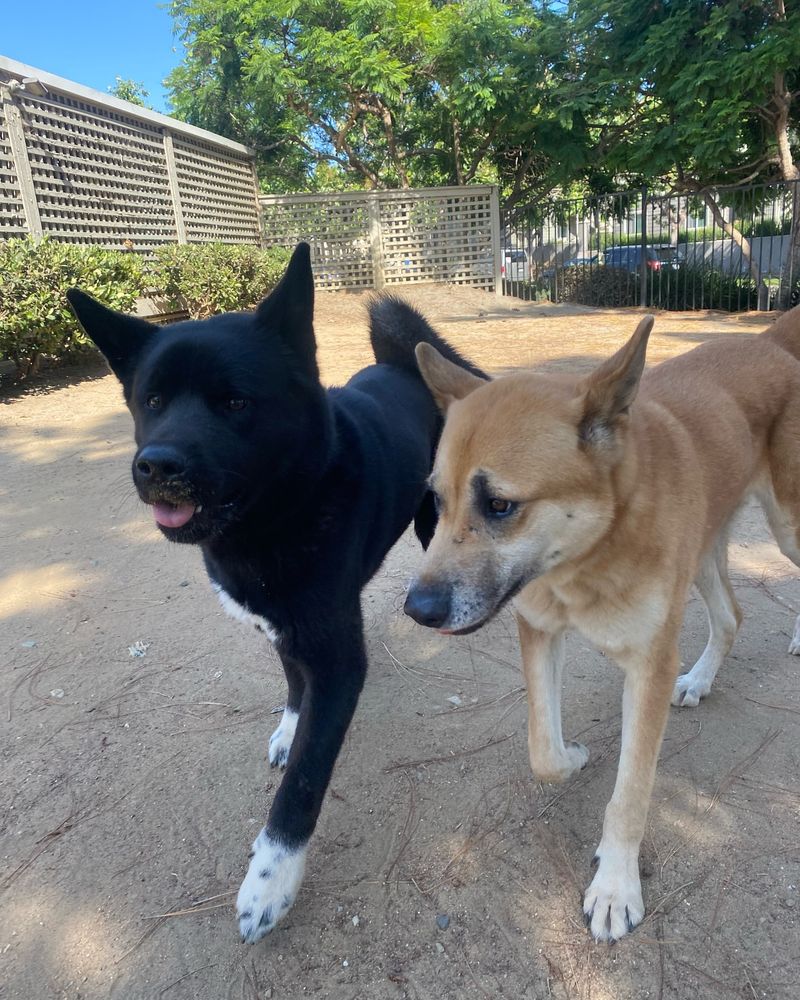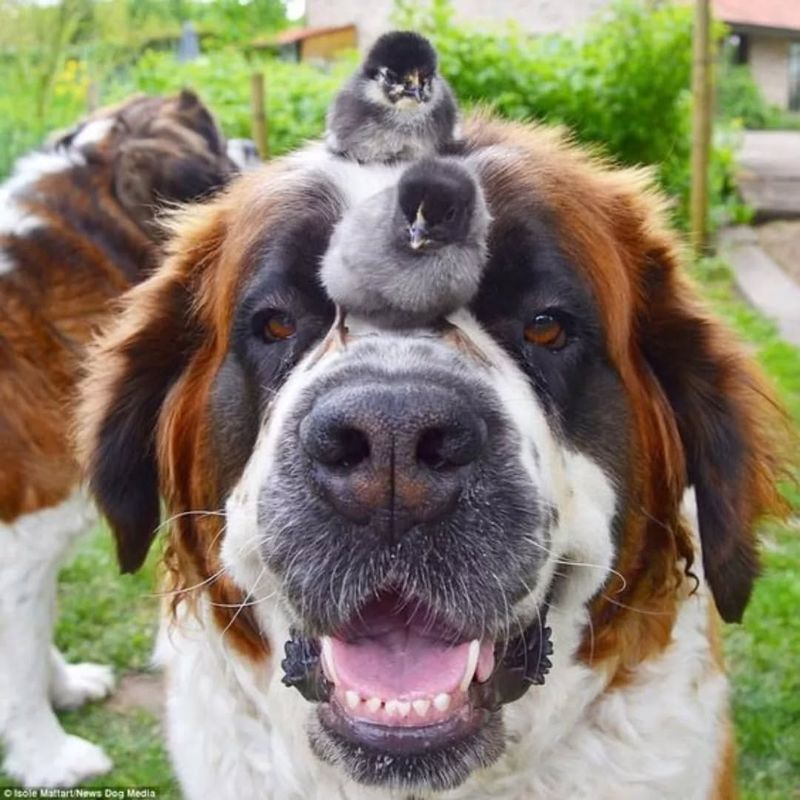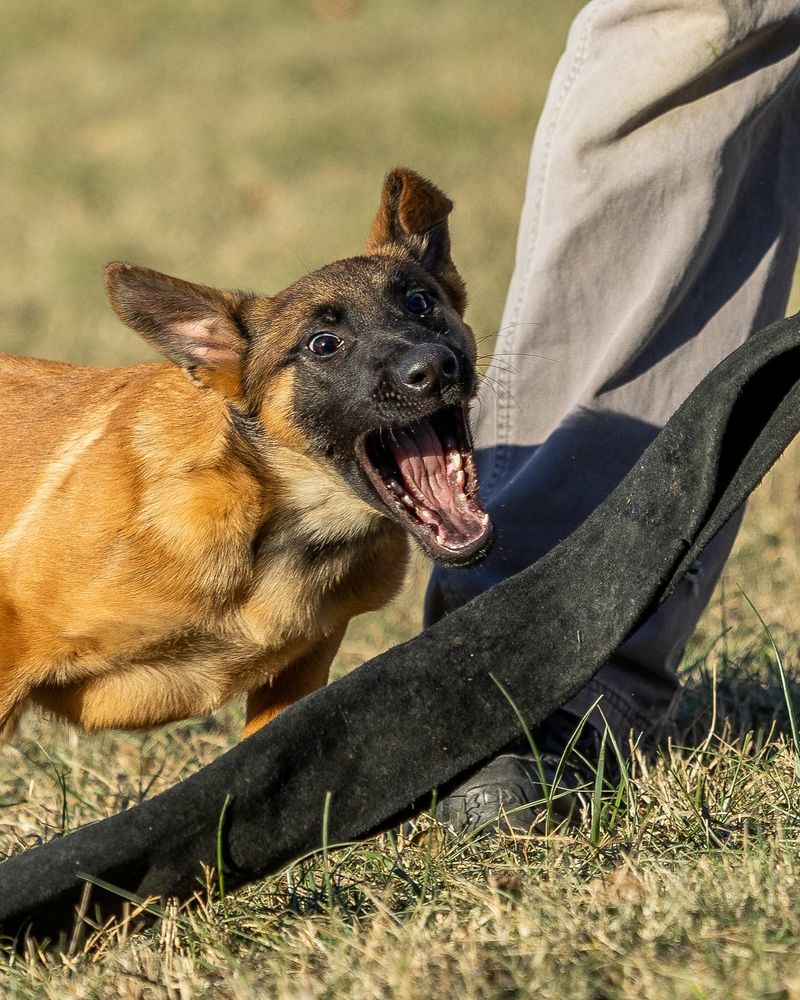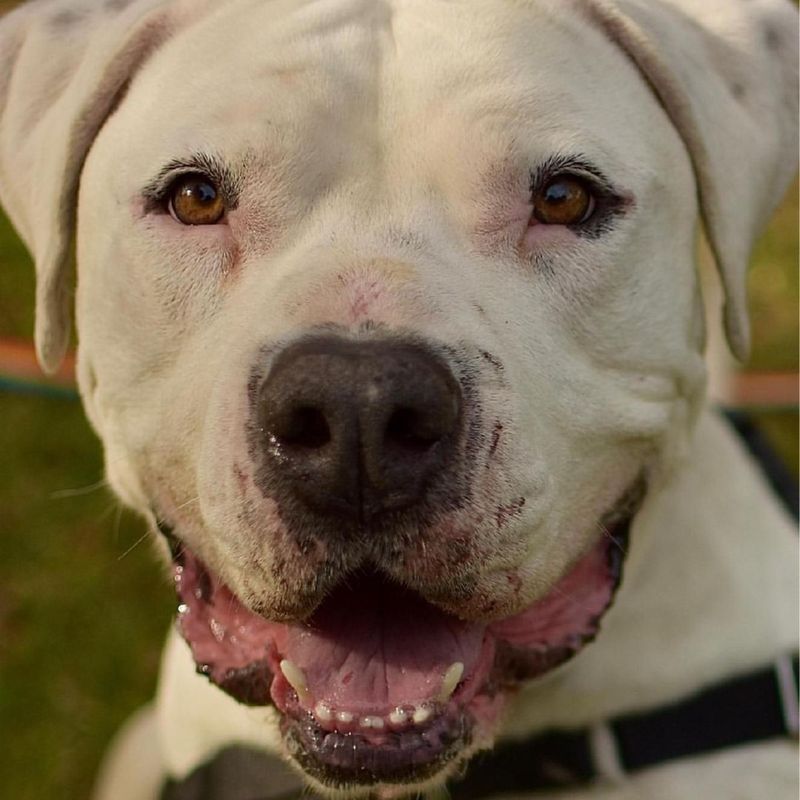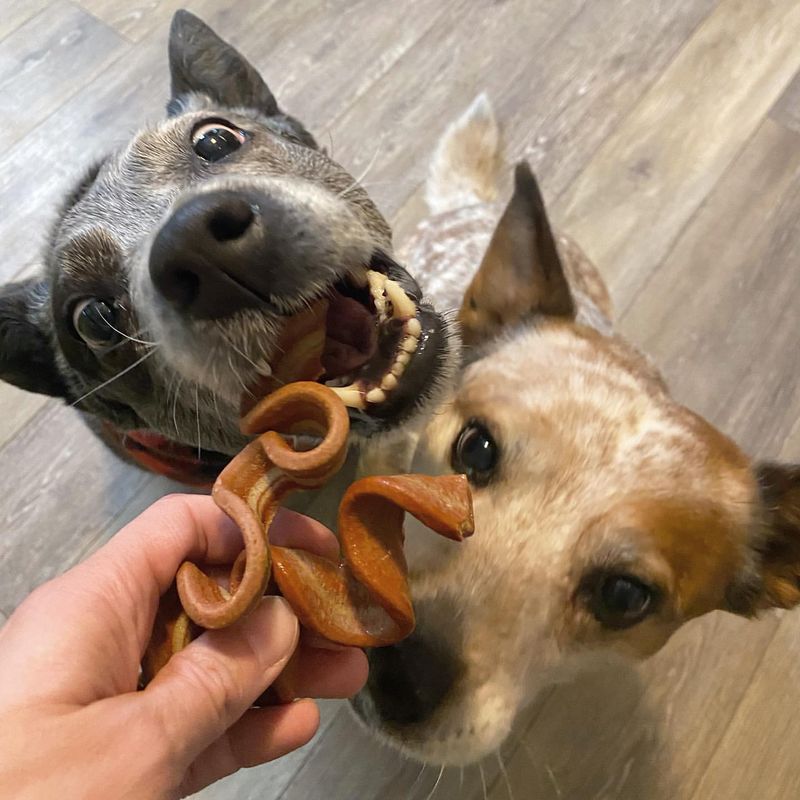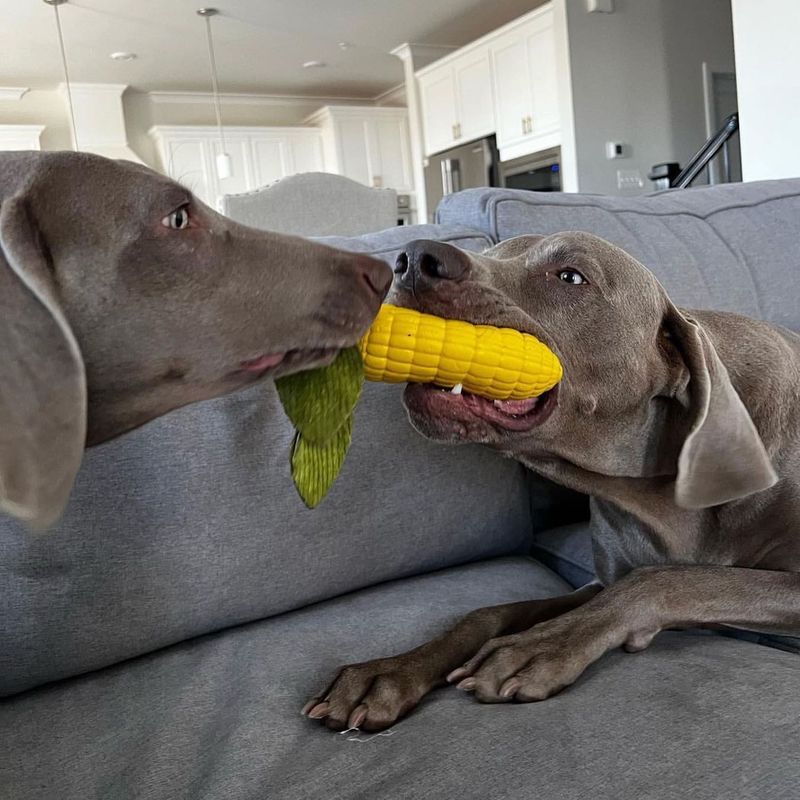Owning a dog is a rewarding experience, but it’s essential to be aware of the risks associated with certain breeds. While any dog can bite, some breeds are statistically more prone to this behavior due to various factors such as genetics, environmental influences, and training. In this article, we will explore 24 dog breeds that are known for a higher incidence of biting. Understanding these risks can help owners take preventive measures and ensure a harmonious relationship with their beloved pets.
Pit Bull Terrier
Pit Bull Terriers are often at the center of the dog bite debate. Known for their strength and tenacity, these dogs require experienced handling. Owners must ensure they provide consistent training and socialization. While they can be affectionate companions, their powerful jaws mean caution is required.
Training and socialization from a young age can mitigate potential issues. It’s crucial to understand their needs and temperament. Whether at home or in public, supervision is key. Responsible ownership and awareness of their nature can prevent incidents.
Always approach them with respect and understanding.
German Shepherd
German Shepherds are highly intelligent and versatile dogs. Their protective nature makes them excellent guard dogs but also potential biters if not properly trained. They require an active lifestyle and mental stimulation.
Training should begin early, focusing on obedience and socialization. These dogs thrive on challenges and tasks. A well-exercised German Shepherd is a happy one.
Owners must be committed to ongoing training and engagement. Understanding their working instincts can help prevent unwanted behaviors.
With the right environment, they make loyal and dependable companions.
Doberman Pinscher
Doberman Pinschers are known for their loyalty and intelligence. Their guarding instincts can lead to biting if not properly managed. These dogs need firm leadership and consistent training from a young age.
Socialization plays a crucial role in their development. Introducing them to various environments helps curb aggressive tendencies.
They require an active lifestyle to avoid boredom-related issues. Engaging them in tasks and activities can channel their energy positively.
Dobermans, with the right guidance, are affectionate and protective family members.
Chow Chow
Chow Chows are known for their aloof and independent nature. They can be wary of strangers, making socialization crucial from an early age. Their stubbornness can translate into biting if not properly managed.
Training should focus on positive reinforcement. Patience and persistence are necessary when dealing with this breed.
Owners should ensure they understand the breed’s unique needs. Regular grooming and care are part of responsible ownership.
Providing a stable environment and clear boundaries can prevent misunderstandings. They are loyal but require respect and understanding.
Siberian Husky
Siberian Huskies are energetic and intelligent dogs. Known for their independent spirit, they can be challenging to train. This strong-willed nature can sometimes lead to biting.
Owners should focus on early and consistent training. Providing ample exercise and mental stimulation is key.
Huskies thrive in active households where they can channel their energy positively. Understanding their pack mentality is crucial.
They require an owner who can match their energy and provide firm guidance. With the right approach, they become loving and loyal pets.
Rottweiler
Rottweilers are known for their protective instincts, which can sometimes translate into aggressive behavior. They are loyal and devoted but can become overly territorial. Proper training and early socialization are vital in managing their protective nature.
These dogs thrive on structure and discipline. It’s essential to establish a clear hierarchy early on. Owners should be prepared to invest time in training.
Understanding their triggers and handling them with care can make a significant difference. They need an experienced owner who can provide firm guidance.
A well-trained Rottweiler can be a gentle giant.
Alaskan Malamute
Alaskan Malamutes are powerful and independent dogs. Their size and strength require experienced handling. They can be prone to biting if not socialized and trained properly.
Training should focus on obedience and leash manners. Early socialization helps in managing their assertive nature.
Owners must provide plenty of exercise and mental challenges. Understanding their working background can aid in training.
Malamutes do best with an experienced owner who can provide leadership and structure. With proper care, they are affectionate and loyal companions.
Dalmatian
Dalmatians are known for their boundless energy and intelligence. Their playful nature can sometimes lead to biting if not properly trained. Socialization from a young age is crucial.
Training should focus on obedience and impulse control. Providing ample physical and mental activities is key.
They thrive in homes where they are part of the family activities. Owners should understand their high energy needs.
With proper training and care, Dalmatians are loving and devoted pets. They require an owner who can keep up with their lively nature.
Chihuahua
Chihuahuas may be small, but their attitude is anything but. Known for their feisty nature, they can exhibit biting behavior if not trained properly. Socialization from an early age is important.
Training should focus on obedience and reducing aggressive tendencies. Consistency and patience are key in handling this breed.
They thrive in environments where they feel safe and secure. Owners should be mindful of their possessive nature.
With proper guidance, Chihuahuas become affectionate and loyal companions. Understanding their temperament helps in building a strong bond.
Jack Russell Terrier
Jack Russell Terriers are vibrant and intelligent dogs. Known for their energy, they require consistent training to avoid biting. Early socialization is important for their development.
Training should focus on obedience and channeling their energy positively. Providing mental and physical activities is crucial.
They thrive in active households where they can explore and engage. Owners should be prepared for their inquisitive nature.
With proper care and training, Jack Russells are lively and affectionate pets. They need an owner who can match their energy levels.
Pekingese
Pekingese are small but have a strong presence. Their independent nature can lead to biting if not properly managed. Socialization and training from an early age are important.
Owners should focus on positive reinforcement and patience. Consistent boundaries help manage their stubborn tendencies.
They thrive in environments where they receive attention and care. Understanding their unique personality is crucial.
With the right approach, Pekingese become loyal and loving pets. They require an owner who respects their dignity and individuality.
Lhasa Apso
Lhasa Apsos are known for their alert and independent nature. They can be wary of strangers, making socialization essential. Training should start early to avoid biting behavior.
Focus on positive reinforcement and consistency in training. Patience is key when handling their stubbornness.
They require regular grooming and care as part of responsible ownership. Understanding their temperament helps in building trust.
With proper guidance, Lhasa Apsos are devoted and protective pets. Owners must provide a stable and caring environment.
Cocker Spaniel
Cocker Spaniels are known for their affectionate and friendly nature. However, they can exhibit biting behavior if not properly trained. Early socialization is important for their development.
Training should focus on obedience and impulse control. Providing plenty of playtime and activities is essential.
They thrive in family environments where they are part of daily life. Owners should be attentive to their emotional needs.
With the right guidance, Cocker Spaniels become loving and devoted pets. Understanding their temperament is key to a harmonious relationship.
Bull Terrier
Bull Terriers are known for their playful and energetic nature. Their strong-willed character requires consistent training to prevent biting. Early socialization is crucial.
Training should focus on obedience and managing their energy. Providing mental and physical stimulation is important.
They thrive in active households with attentive owners. Understanding their needs and personality is essential.
With proper training and care, Bull Terriers are loyal and affectionate companions. They need an owner who can provide guidance and structure.
Boxer
Boxers are energetic and fun-loving dogs. Their enthusiasm can sometimes lead to biting if not properly managed. Early training and socialization are important.
Training should focus on obedience and channeling their energy positively. Providing ample exercise is crucial.
They thrive in active households where they can engage and explore. Owners should be prepared for their playful nature.
With the right approach, Boxers are affectionate and loyal pets. They require an owner who can match their energy levels and provide guidance.
Dachshund
Dachshunds are known for their curious and energetic nature. They can be prone to biting if not properly trained and socialized. Early intervention is key.
Training should focus on obedience and reducing possessive behavior. Consistency and positive reinforcement are important.
They thrive in environments where they receive plenty of attention and care. Understanding their unique personality is crucial.
With the right guidance, Dachshunds become loving and loyal companions. They need an owner who can handle their spirited nature.
Great Dane
Great Danes are gentle giants, but their size can be intimidating. Proper training and socialization from a young age are crucial. They can be prone to biting if not well-managed.
Focus on obedience and leash training to prevent issues. Providing structure and guidance is essential.
They thrive in homes where they have space and companionship. Owners should be attentive to their needs and temperament.
With the right care, Great Danes are affectionate and loving pets. They require an owner who can handle their size and strength.
Akita
Akitas are known for their strength and independence. Their protective nature can lead to biting if not properly managed. Socialization and training are important from a young age.
Focus on building trust and understanding their temperament. Providing leadership and guidance is crucial.
They thrive in environments where they feel secure and respected. Understanding their unique needs helps prevent issues.
With the right approach, Akitas are loyal and devoted companions. They need an owner who can provide consistent and firm guidance.
Mastiff
Mastiffs are gentle giants with a protective nature. Proper training and socialization are key to preventing biting behavior. Understanding their temperament is crucial.
Focus on obedience and establishing a clear hierarchy. Providing consistent guidance and support is essential.
They thrive in homes where they feel secure and valued. Owners should be attentive to their needs and boundaries.
With the right care, Mastiffs are affectionate and loyal pets. They require an owner who can handle their size and protectiveness.
St. Bernard
St. Bernards are known for their gentle and friendly nature. However, their size requires proper training to prevent biting. Socialization from a young age is important.
Training should focus on obedience and leash manners. Providing structure and guidance is crucial.
They thrive in homes where they are part of the family. Owners should be attentive to their needs and comfort.
With the right approach, St. Bernards are loving and devoted companions. They require an owner who can handle their size and temperament.
Belgian Malinois
Belgian Malinois are highly intelligent and driven dogs. Their strong working instincts require experienced handling. Proper training and socialization are crucial to prevent biting.
Focus on providing mental and physical challenges. Understanding their need for engagement is key.
They thrive in active households with experienced owners. Providing structure and leadership is essential.
With the right guidance, Belgian Malinois are loyal and dedicated companions. They need an owner who can match their energy and intelligence.
American Bulldog
American Bulldogs are known for their strength and confidence. Proper training and socialization are important to prevent biting behavior. Understanding their temperament is crucial.
Training should focus on obedience and managing their energy. Providing structure and guidance is essential.
They thrive in active households where they feel secure and valued. Owners should be attentive to their needs and boundaries.
With the right care, American Bulldogs are affectionate and loyal pets. They require an owner who can handle their strength and assertiveness.
Australian Cattle Dog
Australian Cattle Dogs are intelligent and energetic. Their herding instincts can lead to nipping if not properly managed. Early training and socialization are important.
Focus on obedience and channeling their energy positively. Providing mental and physical challenges is crucial.
They thrive in active environments where they can engage and explore. Understanding their working background helps in training.
With proper guidance, Australian Cattle Dogs are loyal and hardworking companions. They need an owner who can match their energy and provide leadership.
Weimaraner
Weimaraners are known for their elegance and intelligence. Their energetic nature requires proper training to prevent biting. Early socialization is important for their development.
Training should focus on obedience and managing their energy. Providing mental and physical stimulation is essential.
They thrive in active households where they are part of family activities. Understanding their needs and personality is crucial.
With the right care, Weimaraners are affectionate and loyal pets. They require an owner who can match their energy and provide guidance.
